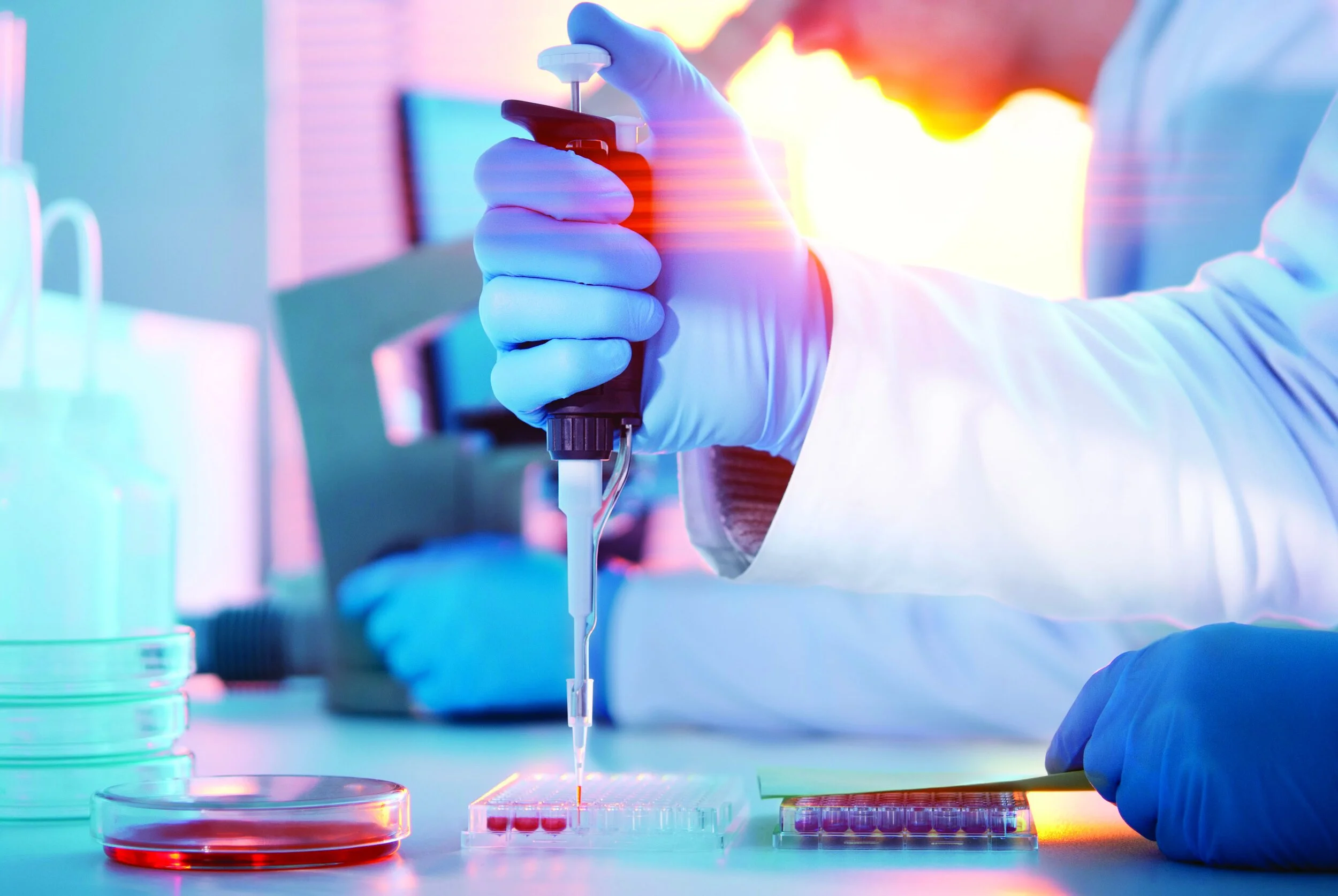THE WACIC BIOBANK: COLLABORATION IS KEY IN THE FIGHT AGAINST COVID-19
The Western Australian COVID-19 Immunity Collaboration (WACIC), now supported by The Stan Perron Charitable Foundation, was formed in April 2020, in the early stages of the struggle against the Coronavirus pandemic.
Overseen by a team of experts led by Dr. Dominic Mallon, a Clinical Immunologist at PathWest and Fiona Stanley Hospital, the WACIC Biobank was established with an understanding that immunity — the human body’s in-built defence mechanism against infection — would be a crucial factor in any strategy aimed at curbing the pandemic.
The Biobank is a repository of biological samples and clinical data from adults that can be accessed by researchers working in fields such as public health, clinical and laboratory research, diagnostic laboratory medicine and clinical practice.
A recent priority for WACIC is providing data that will allow scientists to better understand how the vaccines work in protecting against emerging variants of COVID-19 like the Omicron strain, which may pose more significant risks for children and adolescents.
With the support of the Foundation, a team led by Dr. Michael O’Sullivan from PathWest and Perth Children’s Hospital is working on expanding the Biobank to include samples from children and adolescents. This is a collaborative effort between PathWest, the Child and Adolescent Health Service, Telethon Kids Institute and other health and community organisations.
Awarded via a health research platform grant in 2021, the timing of the Foundation’s support was crucial in allowing WACIC to begin expanding the Biobank repository before COVID-19 became widespread in Western Australia and prior to the rollout of vaccines for children aged under 12 years of age.
“If funding wasn’t secured until after the expansion of the vaccination program, the unique opportunity of obtaining baseline samples could [have been] forever lost,” said Dr. O’Sullivan.
In addition to providing insight into how the immune responses of children and adolescents differ from those of adults, it is hoped that research facilitated by the Biobank will act as a guide for long-term strategies aimed at protecting the Western Australian community from COVID-19 — for example, by determining which groups should be prioritised in future vaccination or treatment programs.
“In the short term, everyone's getting vaccinated and everyone's trying to avoid infection. But in the long term the focus will start to move toward questions like, ‘How we can most effectively administer booster vaccinations and who should be prioritised for treatment if they haven't had a good immune response?’” said Dr. O’Sullivan.
The integrated, collaborative nature of the Biobank program has already enabled Dr. O’Sullivan and his team to gather samples and data from patients at Perth Children’s Hospital, some of whom are likely to face an ongoing risk from COVID-19.
“We've been working really closely with the Oncology team at PCH to recruit their large cohort of kids who were in the first priority group for vaccination, as well as kids who have had previous treatment for cancer. They are potentially one of the groups who will continue to remain quite vulnerable to COVID in the future, despite vaccination,” said Dr. O’Sullivan.
As well as facilitating research that will support the ongoing battle against the pandemic, Dr. O’Sullivan and Professor Mallon are hopeful that WACIC will serve as a model for future collaborations aimed at understanding, preventing and treating illness in the WA community.
“Although this Biobank was focused on COVID, it's providing infrastructure and experience that means, in the future we could look at larger scale Biobanks focusing on other common diseases. There are lots of areas where we could better understand simple things like what normal responses to vaccines are, or normal ranges of tests in children, which we often don't have reliable information on,” said Dr. O’Sullivan. “Understanding what is normal is an essential step toward better prevention, diagnosis and treatment of disease.”
“I think we can learn a lot from this process that should hopefully make future large-scale Biobanks much more feasible and demonstrate what can be possible with the right collaboration.”
Published: 11 April 2022

